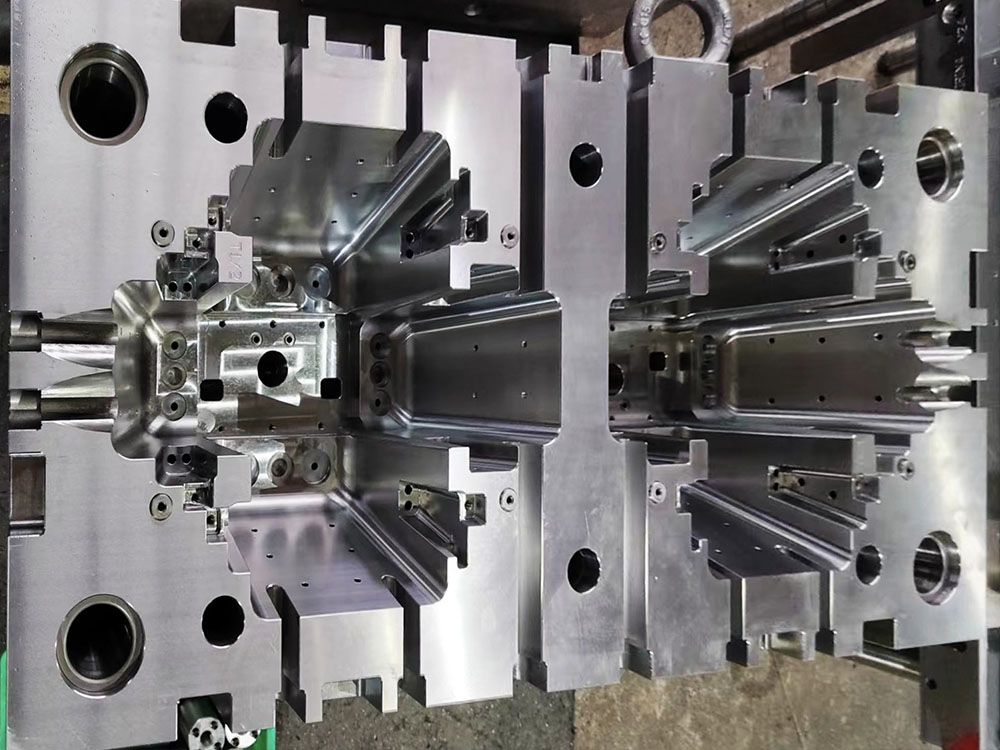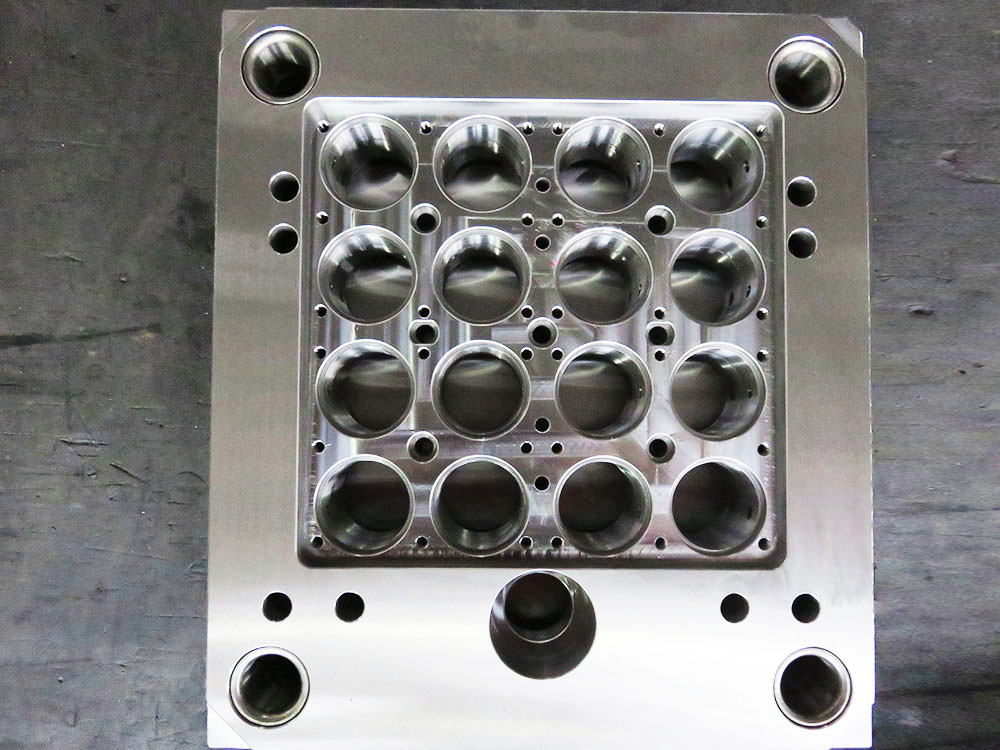The Mold Base Industry and Modular Frameworks
Modular frameworks have become an essential component in various industries, including the mold base industry. Mold bases play a crucial role in manufacturing processes, as they provide a foundation for producing high-quality molds used in various applications. In this article, we will explore the concept of a modular framework and its significance in the mold base industry.
Understanding a Modular Framework
A modular framework refers to a system that is designed with interchangeable components or modules. These modules can be easily assembled and disassembled, allowing for greater flexibility and customization in the manufacturing process. In the context of the mold base industry, a modular framework enables the fabrication of mold bases with standardized components that can be easily replaced or modified to meet specific requirements.
The Advantages of Modular Frameworks in Mold Base Industry
1. Flexibility: One of the biggest advantages of modular frameworks in the mold base industry is the ability to adapt to different molding processes. By using standardized modules, manufacturers can easily modify the mold base design to accommodate various molding techniques, materials, and product specifications. This flexibility significantly reduces the time and cost associated with retooling and redesigning traditional mold bases.
2. Cost Efficiency: Modular frameworks offer cost efficiency in multiple ways. Firstly, the interchangeable modules reduce the need for custom-made components, saving both time and money. Secondly, the ability to modify and upgrade individual modules instead of replacing the entire mold base reduces long-term maintenance costs. Additionally, the ease of assembly and disassembly translates into faster production cycles, resulting in higher productivity and reduced labor costs.
3. Time Savings: The modular nature of the framework allows for rapid mold base assembly and disassembly. Manufacturers can quickly swap out modules to accommodate different mold designs, making it easier to adapt to changing customer demands and market trends. This time-saving feature enables mold base manufacturers to optimize production schedules, minimize downtime, and increase overall efficiency.
Implementing a Modular Framework in the Mold Base Industry
Integrating a modular framework into the mold base industry involves several key steps:
1. Standardization: The first step is to establish a set of standard modules that can be easily interchanged. These modules should be designed to accommodate a wide range of mold sizes and configurations, ensuring compatibility across different applications.
2. Component Design: The design of each module must incorporate features that allow for easy assembly, disassembly, and modification. This may include standardized connectors, fasteners, and alignment mechanisms. Additionally, modules should be designed to withstand the rigors of the molding process, ensuring durability and longevity.
3. Manufacturing Processes: Manufacturers need to adapt their production processes to accommodate a modular framework. This may involve reconfiguring assembly lines, training employees on modular assembly techniques, and implementing quality control measures to ensure that modules meet industry standards.
4. Collaboration: The successful implementation of a modular framework in the mold base industry requires collaboration between mold base manufacturers and mold makers. The mold base manufacturer should work closely with the mold maker to understand specific design requirements and provide the necessary modules to meet those requirements effectively.
Conclusion
A modular framework holds immense potential in the mold base industry, offering flexibility, cost efficiency, and time savings. Mold base manufacturers can leverage the advantages of modular frameworks to streamline their production processes, meet customer demands more effectively, and stay competitive in an ever-evolving marketplace. By embracing modular design and incorporating standardized modules, the mold base industry can revolutionize the way molds are manufactured, setting new standards for efficiency and productivity.




